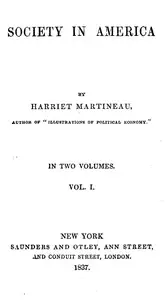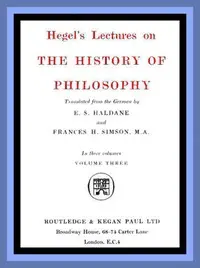"Considerations on Representative Government" by John Stuart Mill is a philosophical treatise written during the mid-19th century. The book argues for the merits of representative government and explores the conditions under which various forms of government may be effective or beneficial to society. Mill seeks to address and reconcile opposing theories regarding the organization and functionality of political institutions, ultimately positing that representative systems can enhance civic participation and individual moral development. The opening of the treatise establishes Mill's intent to examine the fundamental principles and practical implications of government structures, particularly in light of contemporary political debates. Mill notes a prevailing skepticism among both Conservatives and Liberals regarding their political doctrines and articulates the necessity of a more comprehensive understanding of governance that transcends mere compromise. He outlines two conflicting perspectives on political institutions: one that views them as products of human design and another that regards them as organic developments shaped by historical and cultural factors. This framing sets the stage for Mill's insights into why representative government may be ideal, as he believes it can foster citizen involvement and promote an active and responsible populace. (This is an automatically generated summary.)

Considerations on Representative Government
By John Stuart Mill
"Considerations on Representative Government" by John Stuart Mill is a philosophical treatise written during the mid-19th century. The book argues for...
Genres
Released
2004-05-01
Formats
epub (images)
epub
mobi (images)
epub3 (images)
mobi
Free Download
Overview
About the Author
John Stuart Mill was an English philosopher, political economist, politician and civil servant. One of the most influential thinkers in the history of liberalism, he contributed widely to social theory, political theory, and political economy. Dubbed "the most influential English-speaking philosopher of the nineteenth century" by the Stanford Encyclopedia of Philosophy, he conceived of liberty as justifying the freedom of the individual in opposition to unlimited state and social control.
Total Reviews
10.0k
Total reviews from Goodreads may change


















